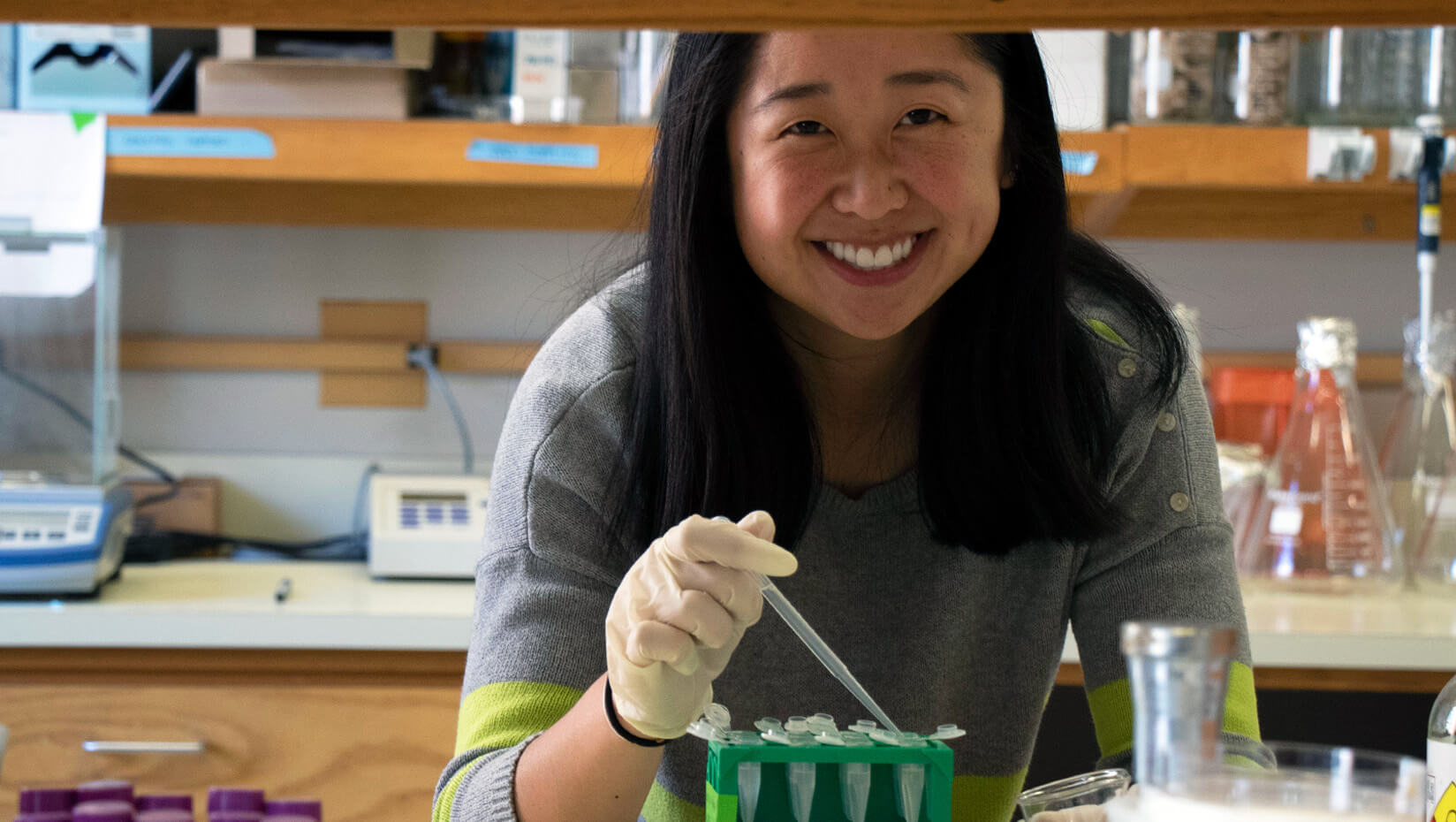
SEANET’s legacy: The impact of interdisciplinary aquaculture research on Maine
The Sustainable Ecological Aquaculture Network (SEANET) was officially completed in January 2020. Since August 2014, the program developed new aquaculture siting tools, discovered new information pertaining to emerging aquaculture sectors, provided suggestions regarding food safety, and continued providing information on aquaculture research outcomes to state officials, stakeholders and community members.
SEANET, funded by the National Science Foundation (NSF) EPSCoR (Established Program to Stimulate Competitive Research) program as a Research Infrastructure Improvement Track 1 project, was the first multiyear effort to research sustainable ecological aquaculture systems (SEASs) as an emerging industry in Maine.
The five-year, $20 million grant was highly collaborative, and facilitated interdisciplinary research projects executed by the University of Maine, in collaboration with the University of New England, Downeast Institute, Maine Maritime Academy, Bowdoin College, St. Joseph’s College, and the University of Southern Maine.
Program outcomes helped inform sustainable aquaculture practices and promote STEM education among the broader public, including diverse and under-reached communities.
Findings, products and outreach that emerged from SEANET related to: aquaculture site selection, sea vegetable aquaculture and food safety, effects of warming ocean temperatures and ocean acidification on species such as lobsters and oysters, potential new and resilient aquaculture species, and the potential impact of aquaculture on Maine’s workforce.
SEANET research has been further developed and absorbed by the Aquaculture Research Institute (ARI) at UMaine. This will allow the legacy of the program to live on through continued interdisciplinary research that builds on SEANET’s findings, while responding to new questions that are sure to be asked as the aquaculture industry continues to expand.
SEANET research and collaborations have played a key role in helping stakeholders and community members better understand how the utilization of sustainable aquaculture may be able to support and benefit the state as a whole.
In addition, SEANET has been a catalyst for future funding and research related to aquaculture and workforce development in Maine.
To learn more about SEANET project accomplishments, the full story is here.
Contact: Marcella Silver, marcella.silver@maine.edu, 207.581.2289
